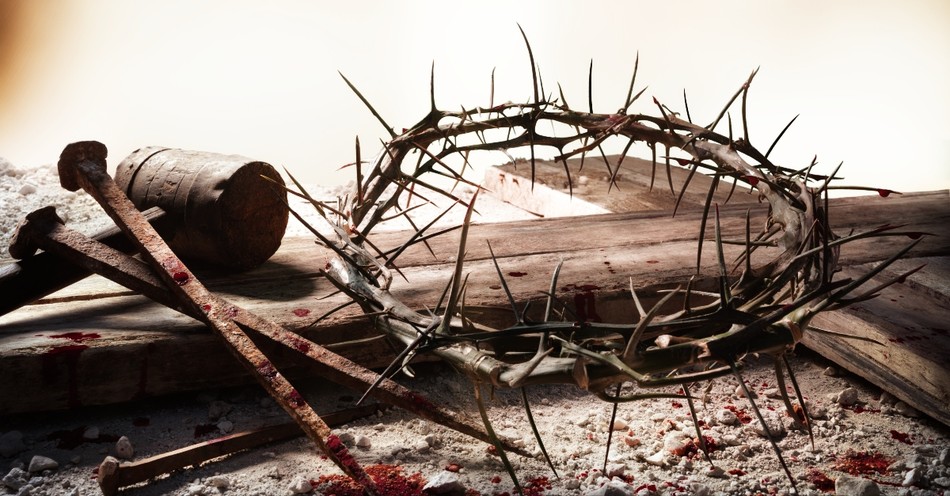Good Friday is more accurately Holy Friday, the Friday before Easter Sunday. It commemorates the day Jesus Christ was led to a Jerusalem hill, nailed to a Roman cross, and lifted high until he died a long and excruciating death. We don’t celebrate Good Friday, but Christians do remember it.
Why commemorate such an awful event? Because it is a core teaching in Christianity, taught by Jesus himself, that it is necessary blood to be shed to pay for the personal and global damage done by sin. And whose blood? Our own, unless someone is willing to be our substitute.

Enter Jesus, the innocent and sinless Son of God, nailed to a cross on trumped-up charges, who was born and lived a short but remarkable life for the single purpose of being God’s means of righting the great and otherwise unforgivable wrongs we have done to each other, to the earth, and to God himself.
Once you know the story, you’re forced to contend with that adjective that seems so out of place: good.
It is a good and merciful God who first came up with the plan, that he, himself, would offer a way to pay the penalty for our sins. God is good because he commuted our death sentences.
It is good for us who are the beneficiaries of God’s unmerited — and sometimes unwanted — generosity.
It is good that Jesus’ personal sacrifice has made it possible for us to have a new and untainted relationship with God, our creator, our heavenly Father.
It is good that having received such a valuable gift of forgiveness, we have the opportunity to pass along that same generous love to those we meet each day.
And it is good that the invitation to take part in this gift of reconciliation and forgiveness is still valid right now, today, on this Good Friday 2024.
If you haven’t yet experienced the goodness of repentance, the goodness of forgiveness, and the extraordinary goodness of God’s love, what better time is there than today?



